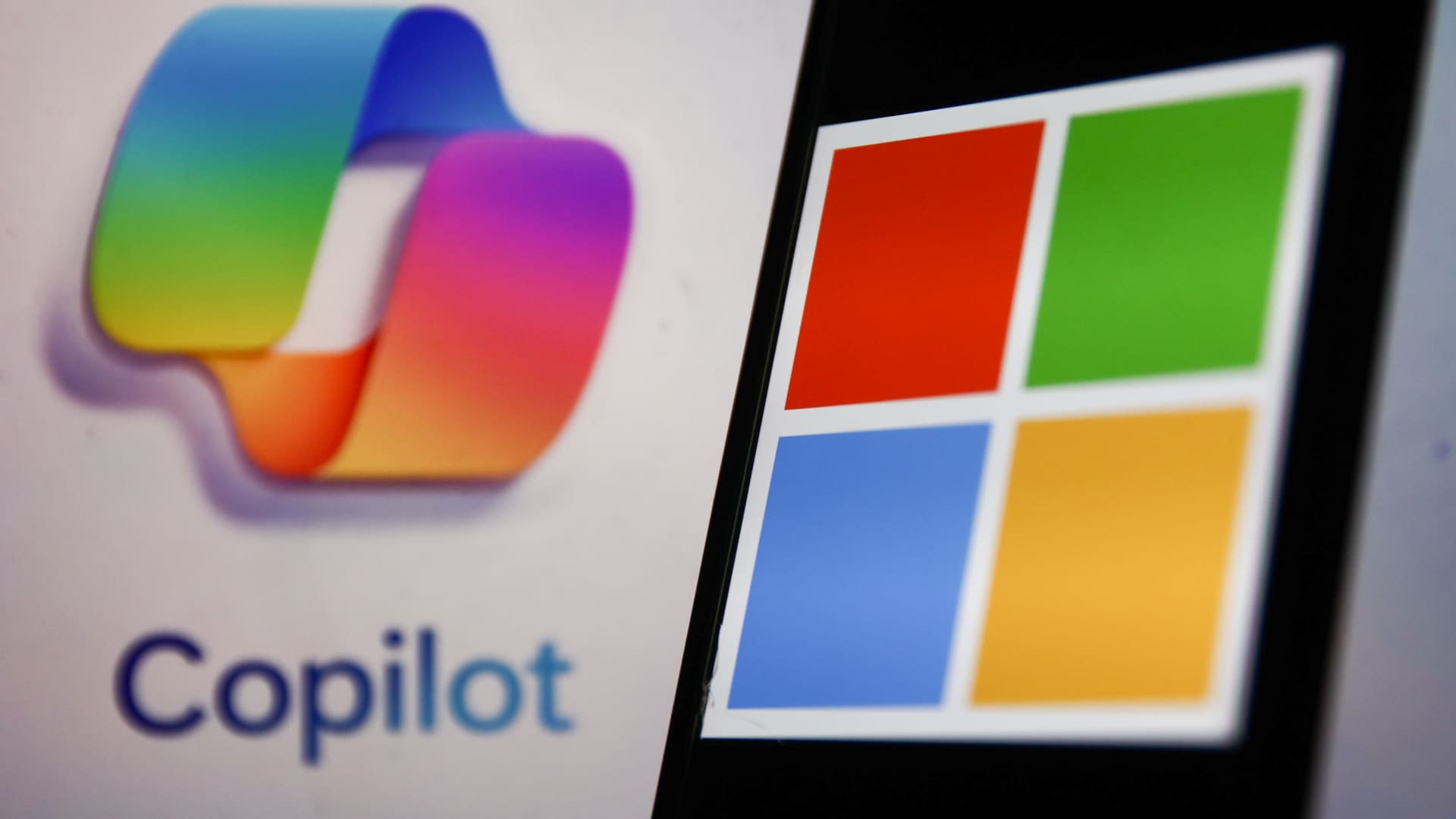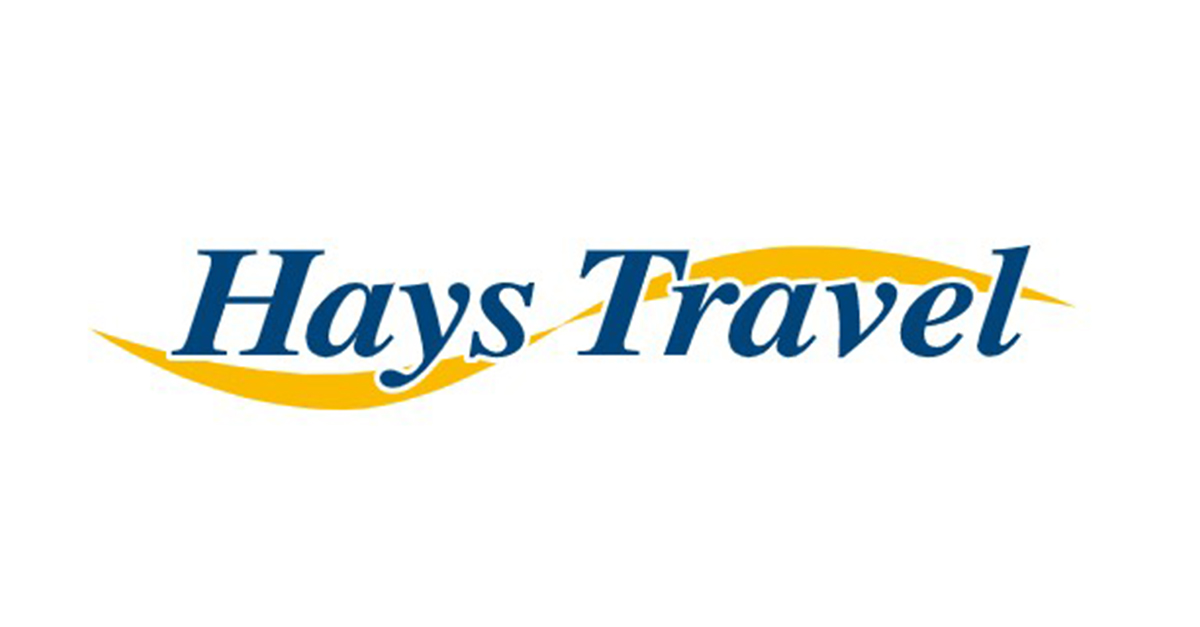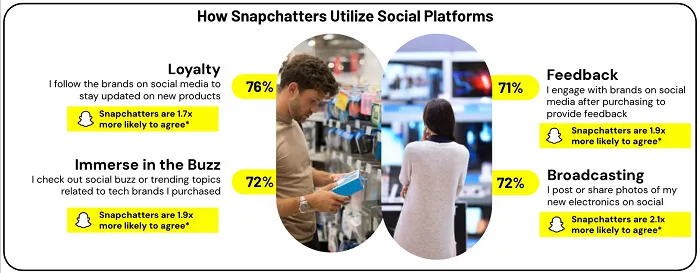Microsoft, Salesforce woo skeptical CFOs on new generative AI tool spending
Salesforce and Microsoft are among the enterprise software giants trying to convince hesitant CFOs to spend on new finance-focused generative AI tools.

Optimism around the transformational opportunity of generative artificial intelligence continues to grow. As Nvidia CEO Jensen Huang recently told CNBC's Jim Cramer after unveiling a new generation of AI chips and new deals taking AI beyond the tech sector, with Johnson & Johnson and GE Healthcare, "We're in the beginning of this AI computing ramp. And we're in the beginning of the accelerated computing ramp. It's going to last a few years."
Companies across industries are trying to find ways to jump in, whether that's using generative AI to make their workers more productive, new tools of communication for customers and employees, or to reduce friction across their operations.
While other members of the C-suite have jumped on the generative AI train, many traditionally risk-adverse CFOs remain hesitant, in some cases due to concerns over return on investment or a desire to keep overall costs low.
Amid the broader rush to invest in AI, just a third of respondents to the CNBC CFO Council survey for the first quarter of 2024 said they expect their company's capital expenditures to increase over the next 12 months. Even among that group, only 7% said that capex increase will be used to invest in new AI capabilities, the same as investing in non-AI technology and ranking below expanding to new markets, building new factories or other facilities, and making a strategic acquisition.
But a new set of tools geared towards CFOs and finance teams are being rolled out by business software providers, as well as several real-world examples of these tools being successfully used.
Cory Hrncirik, modern finance lead in Microsoft's Office of the CFO, said the time the tech company's team has been spending on reconciliation has been reduced in some cases from hours a week per person to roughly 10 to 20 minutes each. Variance analysis has also been a big focus as "we have thousands of people here spending a lot of time trying to figure out what's going on, and now they can do that at lightning speed," he said.
Microsoft launched a Copilot chatbot for finance workers last month, which can do things like run a variance analysis, reconcile data in Excel and speed up the collections process in Outlook. Many other business software providers have looked to quickly introduce tools that utilize generative AI, or update their existing ones with it. Some companies are creating their own tools, or building some on the back of offerings from companies like OpenAI.
The utilization of AI more broadly is nothing new for CFOs, with tools like predictive AI being used by most companies to help with core tasks.
Salesforce CFO Amy Weaver said predictive AI has been used within the finance function "for nearly a decade to help us forecast expenses, flag quotes with abnormal terms for review, and to predict the likelihood of customers to pay on time."
But this new wave of generative AI presents a different opportunity, and Weaver said the focus on generative AI across industries has frantically increased in the last year. "Every company is thinking about their AI strategy," she said.
Salesforce's finance team recently took part in a financial AI "moonshot" contest, trying to think of innovative ways to leverage generative AI, resulting in proposals to use AI to "improve our processes around quote analysis, tax credit processing and flux analysis, and many, many more," Weaver said.
Existing AI tools within Salesforce, like one that provides AI-driven insights and predictions about its sales pipeline, has seen usage grow 605% over three quarters, according to Weaver.
"I ask my team to think about this question: 'How can I be more productive or efficient each day by leveraging this technology?' We all know that time is our most valuable resource, and if you can free up time to focus on more high value and impact work by leveraging new technology, that should excite you and motivate you. Ultimately, the goal has to be to make jobs not just more efficient, but also more satisfying for all of our employees," Weaver said.
Mark McDonald, director analyst at Gartner where he focuses on digital technology in finance, said organizations should look to adopt AI-driven tools that "serve the lowest common denominator of finance and accounting processes that exist in every company," value that companies can quickly obtain. However, he added that there is a challenge when it comes to generative AI tools: creating auditable processes or being able to visually inspect the processes to ensure the data or conclusions are correct.
Gina Gutzeit, FTI Consulting senior managing director and leader of the firm's CFO Solutions practice, said questions about AI come up frequently in conversations with CFOs. There has been some concern about a lack of great use cases, especially for smaller companies, and she has also seen companies encounter fear around implementation. "How do we get it to work, and then once we put it in, do we have the right skill set?" she said. "It's a continuously maintenanced tool, and that's really where I think the hesitancy has been."
Resistance to using these tools is an emerging issue, according to McDonald, situations where companies are "introducing a technology that really starts to overlap with what we've relied on people to do, and what ultimately happens is resistance."
At Salesforce, Weaver said she is making sure that there is a clear understanding of the business goal that these tools provide, and that is key to implementation and value. "An AI solution can fail if it isn't adopted, or if the performance of the model doesn't meet expectations. Taking the time to define the problem statement and objectives goes a long way to making sure that the investment made in AI is successful," she said. "When I speak to CFOs, one thing is clear — every CFO is trying to find the best way to drive productivity in their business."
Hrncirik said that the message within Microsoft is that generative AI is a "new skill that we have to develop."
"We're telling our people that they need to build a daily intentional habit using Copilot, just like any of the other tools you have at your fingertips," he said. "You didn't learn to use those by accident, you invested some time, you learned how to use them and you tried different things."
While it's still early days for the tech, Hrncirik said he hopes CFOs see the benefits. "It's just all these advancements, they just absolutely save our people so much time, they help free up some of the work that people do that's mundane and they don't love doing so they can go focus on other stuff."
"We need to demystify it a little bit by saying this is just another tool in the toolbox for a CFO and the finance department, it's not the beginning of the end of everything," Gutzeit said.

 Kass
Kass 
































